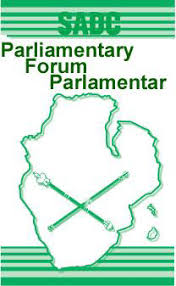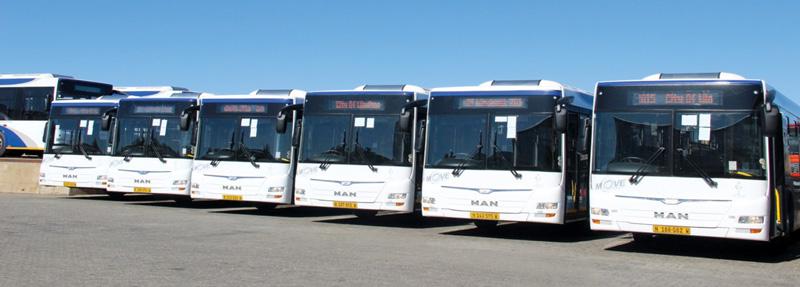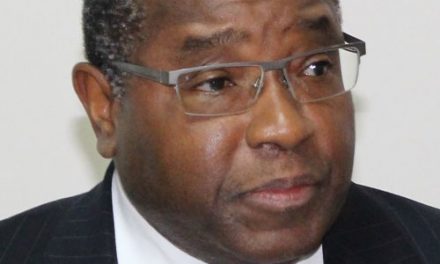
Regional parliament as quasi-governing body to feature on SADC Summit agenda

From the Southern African Research and Documentation Centre (SARDC)
The proposed transformation of the SADC Parliamentary Forum into a regional parliament is expected to be one of the issues for discussion by the 39th SADC Summit scheduled for Dar es Salaam, Tanzania, in August.
This follows high-level support by leaders at the previous summit in August 2018 to establish a regional parliament as an integral institution to drive forward the regional integration agenda.
The SADC Council of Ministers, which met in Windhoek in March this year, created a task force to undertake an analysis of the structure, functions and the governing legal framework of the proposed regional parliament and to present its findings for consideration when the Council meets again in Dar es Salaam in August.
The task force comprises members of the Double Troika supported by officials from the Secretariat and the SADC Parliamentary Forum.
The proposed establishment of the SADC Regional Parliament will provide a representative institution for the SADC citizenry, thereby serving as a valid interlocutor for the needs and desires of the general public.
The Executive is already the main driver of regional integration through intergovernmental institutions at senior officials, ministerial or heads of state and governmental levels.
The Judiciary was represented through the now suspended but soon to be reconstituted SADC Tribunal whose primary role is expected to be that of ensuring compliance and resolution of disputes related to the interpretation and application of the SADC Treaty and subsidiary legal instruments.
A missing link would, therefore, be that of the Legislature whose central role would be to spearhead the domestication of regional policy and legal obligations outlined in the SADC Treaty and various sectoral protocols.
The newly elected Parliamentary Forum leadership, meeting for their 44th Session of the Plenary Assembly in Maputo, Mozambique in July, agreed that transformation into a regional parliament remains a top priority.
Forum President, Veronica Macamo Dlhovo, who is the Speaker of the Mozambican National Assembly said the forum will soon convene an urgent meeting to discuss how the transsitioning into a regional parliament would become a reality.
Transformation of the Forum into a regional parliament has been on the table since 2004 but the process and plans were not clearly defined until last year.
The forum is an autonomous institution of SADC established in 1997 as a regional inter-parliamentary body made up of 14 national parliaments, representing over 3500 parliamentarians in southern Africa.
The member parliaments are Angola, Botswana, Democratic Republic of Congo, Eswatini, Lesotho, Malawi, Mauritius, Mozambique, Namibia, Seychelles, South Africa, Tanzania, Zambia and Zimbabwe.
However, the forum has not been able to fully contribute to policy making on regional integration because its formal role on SADC matters has not been fully recognized, nor does its work directly feed into the agenda of the intergovernmental body.
This has seen the national parliaments embarking on a process over the years to forge a working relationship with the SADC Secretariat to create space for parliamentarians to participate more formally in regional integration processes.
In this regard, its transformation into a regional parliament will help to bridge the gap between citizens of southern Africa and regional integration processes.
The transformation of the parliament will be premised on an agreement on a number of issues, which include that the parliament will not impede on the sovereignty of member states, and that it will only have an advisory function.
In terms of financial implications of the establishment of a regional parliament, this should not result in any increased costs for national budgets at the outset because the central financing will be based on the current arrangement where member parliaments make equal contributions annually.
Another proposal is that the current secretariat of the Forum will continue to provide secretariat services to the regional parliament, with its headquarters remaining in Windhoek.
It is further proposed that the regional parliament would hold rotating sessions in the member states. This is already happening where plenary assemblies of the Forum are hosted by member parliaments.
Southern African News Features are produced by the Southern African Research and Documentation Centre (SARDC), which has monitored regional developments since 1985. Website and Virtual Library for Southern Africa at www.sardc.net












































